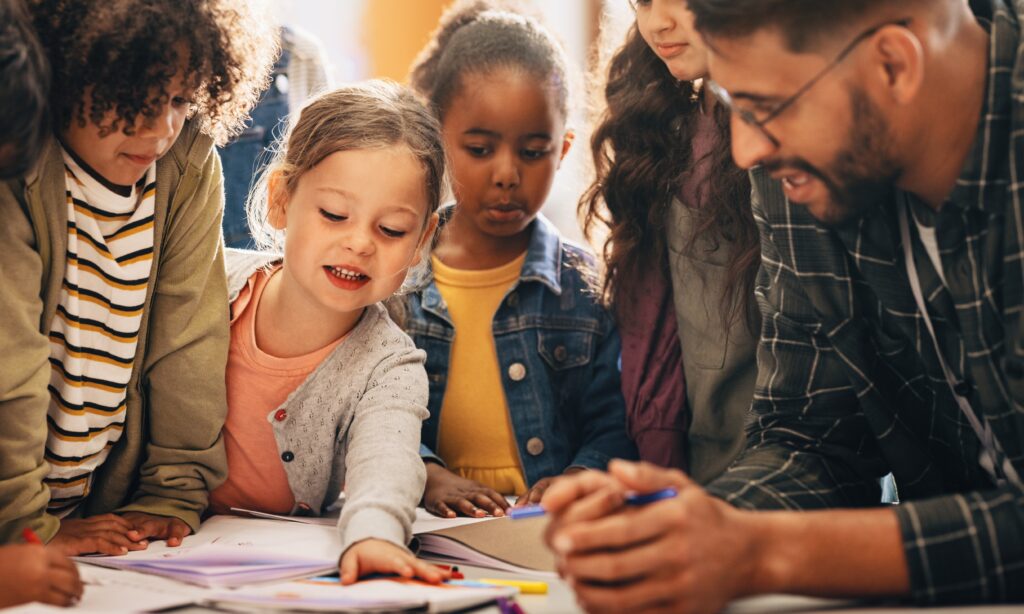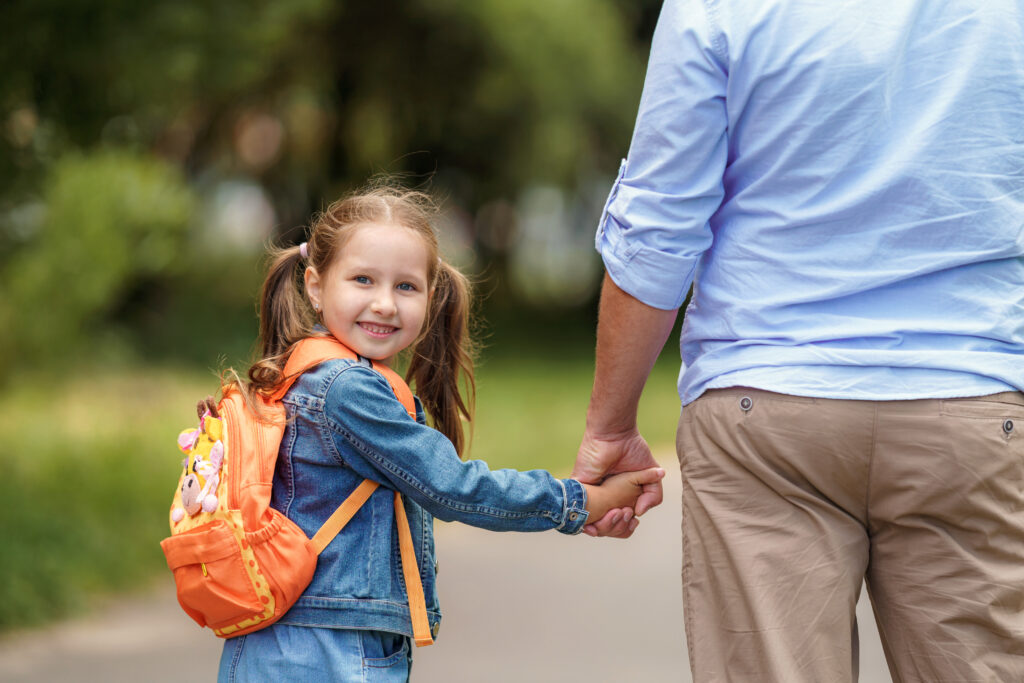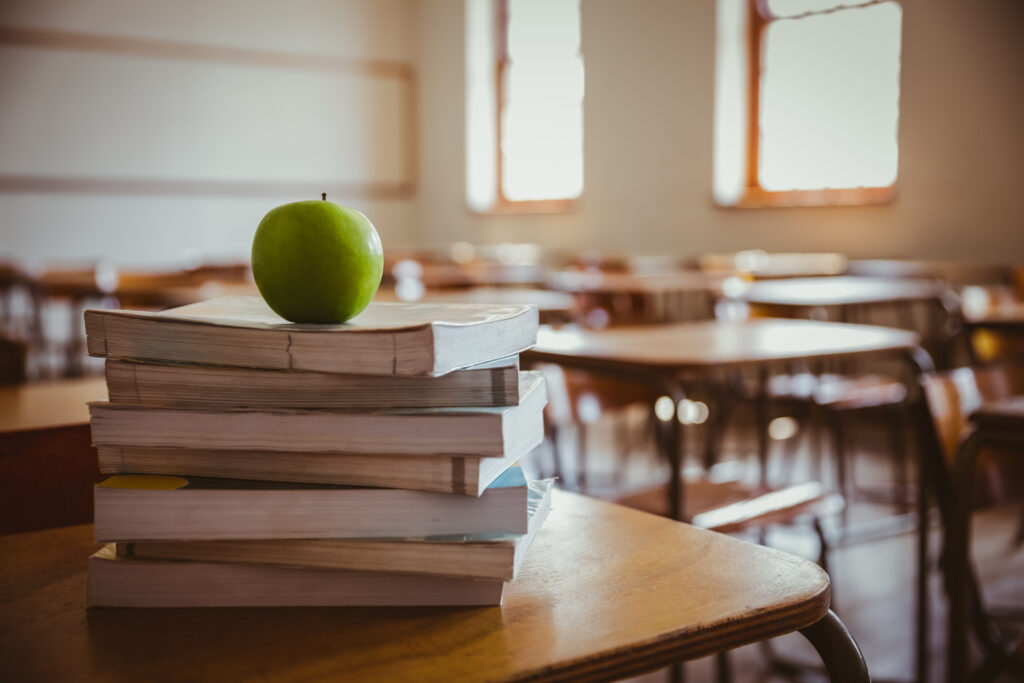Studying in Basic Education


Starting School
A letter regarding school enrolment will be sent to guardians of children who are in the school registration queue at the end of January. Registration is done electronically through Wilma.
Compulsory Education
All children and young people permanently living in Finland are subject to compulsory education. Compulsory education begins when a child turns seven and ends when the young person turns 18 or when they complete a secondary education qualification before that. The exception is the extended compulsory education of a disabled or ill child, which can begin at the age of 6 with pre-school education, i.e. one year earlier than prescribed.
With the expansion of compulsory education from 2021, every ninth-grader who finishes comprehensive school is obliged to apply for and continue in upper secondary education, joint-stage education or other education falling within the scope of compulsory education.
Curriculum
The implementation of basic education is guided by legislation, national curriculum criteria and the City of Rauma’s own curriculum criteria. The school also has its own curriculum, in which, among other things, the school-specific emphases of teaching are decided.
Working Days and School Holidays
The municipality decides on the working days and holidays in early childhood and basic education within the limits set by the law.
There are 190 working days in the basic education school year. Independence Day (6.12.), Epiphany (6.1.), and May Day (1.5.) are deducted from the working days if they fall on a weekday other than a Saturday. The school year always ends on the last working day of the 22nd week, which is a Saturday.
Academic year 2025–2026
- The autumn semester starts on Thursday 7.8.2025.
- Autumn break is 20.-24.10.2025 (week 43).
- The autumn semester ends on Saturday 20.12.2025.
- The spring semester starts on Wednesday 7.1.2026.
- The sports holiday is 16.-20.2.2026 (week 8).
- The academic year ends on Saturday 30.5.2026.
For early childhood education, the operating period is otherwise as described above, but the spring term ends on Friday 29.5.2026.
Working and holiday periods for the academic year 2025–2026 in table format.
Academic year 2026–2027
- The autumn semester starts on Tuesday 11.8.2026.
- Autumn break is 19.-23.10.2026 (week 43).
- The autumn semester ends on Friday 18.12.2026.
- The spring semester starts on Thursday 7.1.2027.
- The sports holiday is 22.-26.2.2027 (week 8).
- The academic year ends on Saturday 5.6.2026.
For early childhood education, the operating period is otherwise as described above, but the spring term ends on Friday 28.5.2027.
Working and holiday periods for the academic year 2026–2027 in table format.
Wilma as a communication tool
Wilma is a service used by the City of Rauma to help maintain close cooperation between school and home. It allows parents to communicate with their child’s teacher and monitor their child’s progress at school.
